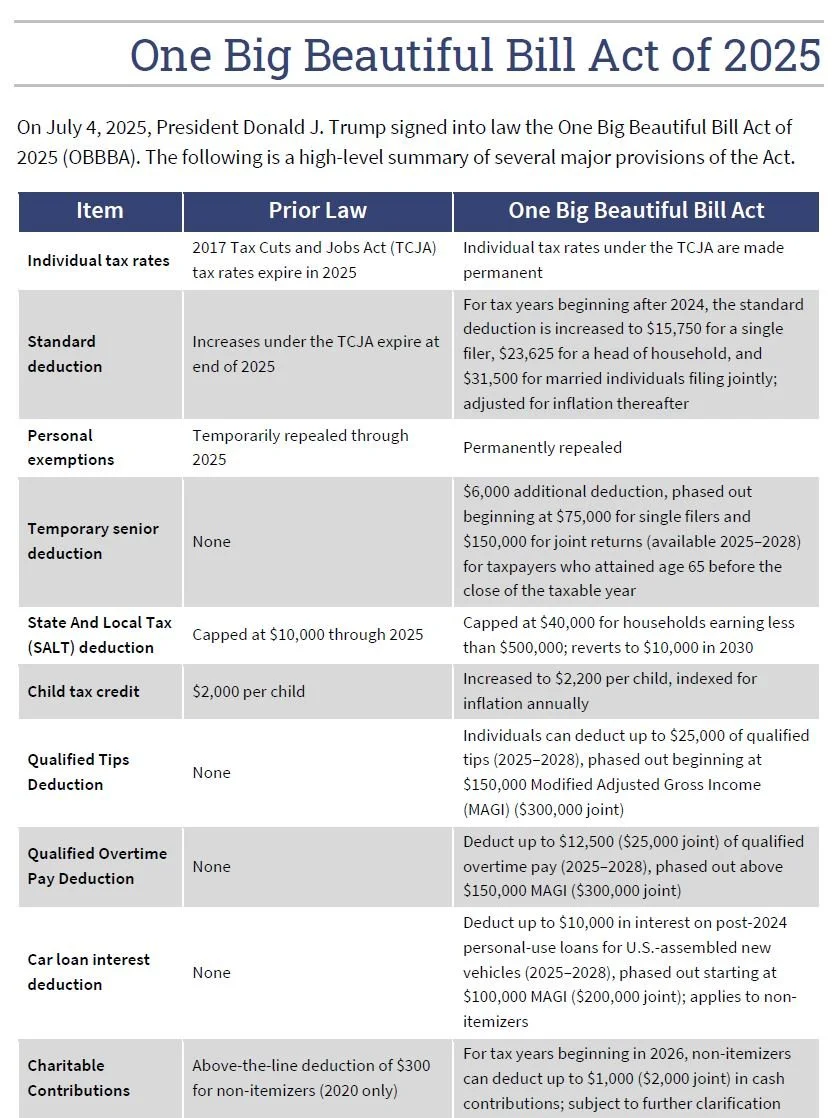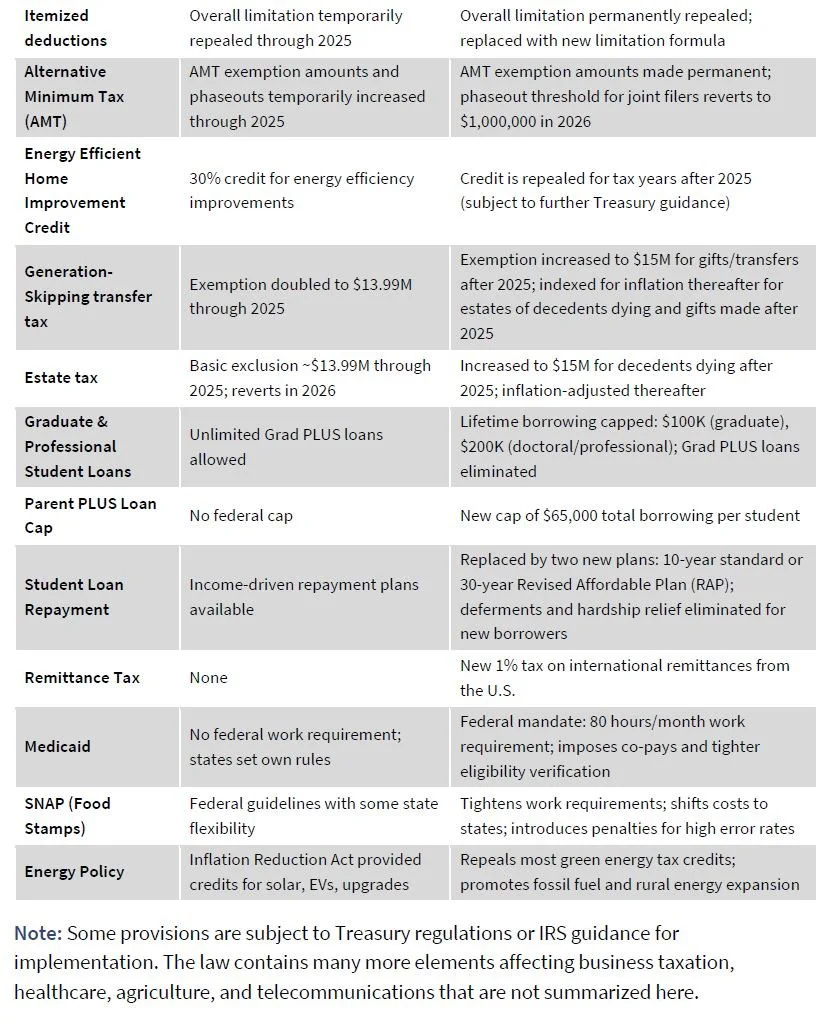Demystifying Private Markets: Why They Belong in a Modern Portfolio
/Demystifying Private Markets: Why They Belong in a Modern Portfolio
For years, private markets were the exclusive playground of institutions and ultra-high-net-worth investors. Today, thanks to expanded access, better technology, and a growing emphasis on portfolio diversification, private markets are increasingly becoming a powerful tool for individual investors—and a strategic cornerstone of modern portfolio design.
Beyond “Alternatives”: A Better Way to Talk About Private Investments
At Gilbert & Cook, we’ve moved away from the catch-all term “alternatives.” As Brandon Grimm, our Chief Investment Officer, notes, “Alternatives could mean anything from cryptocurrency to collectibles.” Instead, we focus on private markets—an investable universe that includes private equity, private credit, real assets, and venture capital.
These investments are not new. Private markets have been a key component of institutional portfolios for decades. What’s new is the access. Through thoughtful partnerships and due diligence, our clients now have the opportunity to invest alongside major institutions—often with the same level of transparency and oversight.
Why Private Markets? The Case for Inclusion
Private market investments offer several compelling benefits when added to a well-balanced portfolio:
Enhanced Diversification: Because private market returns often move independently from public market cycles, they provide true diversification—helping reduce overall volatility.
Attractive Return Potential: With the right due diligence, private equity and private credit can deliver returns that are accretive to a portfolio’s long-term growth.
Access to the Real Economy: These are tangible companies—regional manufacturers, healthcare providers, software developers—doing meaningful work and fueling innovation and job growth in the U.S. economy.
Limited Daily Pricing Noise: While private market investments are less liquid, they’re also less subject to the emotional swings and headline-driven volatility of public markets.
Addressing Common Concerns: Illiquidity and Education
Illiquidity is often cited as a drawback—but Brandon reframes the issue: “If your financial plan says you only need to withdraw $50,000 from a $1 million portfolio this year, is it really a problem if $250,000 of it is invested in private markets and growing steadily in the background?”
It’s all about proper planning. When integrated thoughtfully, private investments do not restrict your lifestyle—they support your long-term goals.
Education also plays a major role. “Many of our clients start at the 101 level when it comes to private markets,” Brandon shares. “Our job is to get them to 201—explaining not just what private capital is, but how it fits into their world.” That means providing context, using real-life analogies, and helping clients see the connections between their own business experience and the private companies we invest in.
How We Do It: A Rigorous, Client-First Approach
We’ve been implementing private market strategies for over a decade. What began with modest allocations to commercial real estate has evolved into a sophisticated, research-driven approach—typically with 15% to 20% of client portfolios allocated to private markets, depending on each client’s goals and liquidity needs.
We focus on:
High-quality managers and sponsors
Clear structures with appropriate liquidity terms
Tax-sensitive implementation across account types
Ongoing education and transparent reporting
And most importantly, we customize every allocation to align with the client’s plan—not the other way around.
The Modern Portfolio is Evolving
Public equities and bonds remain foundational. But today’s investment landscape demands more. With increasing volatility, compressed return expectations, and global uncertainty, investors need access to a broader set of tools.
Private markets aren’t a fringe idea—they’re a modern necessity.
At Gilbert & Cook, we’re proud to offer our clients the same level of opportunity, insight, and access that has historically been reserved for institutions. Because we believe abundance comes not just from working hard—but from working smart, with the full spectrum of possibility at your fingertips.



















